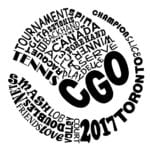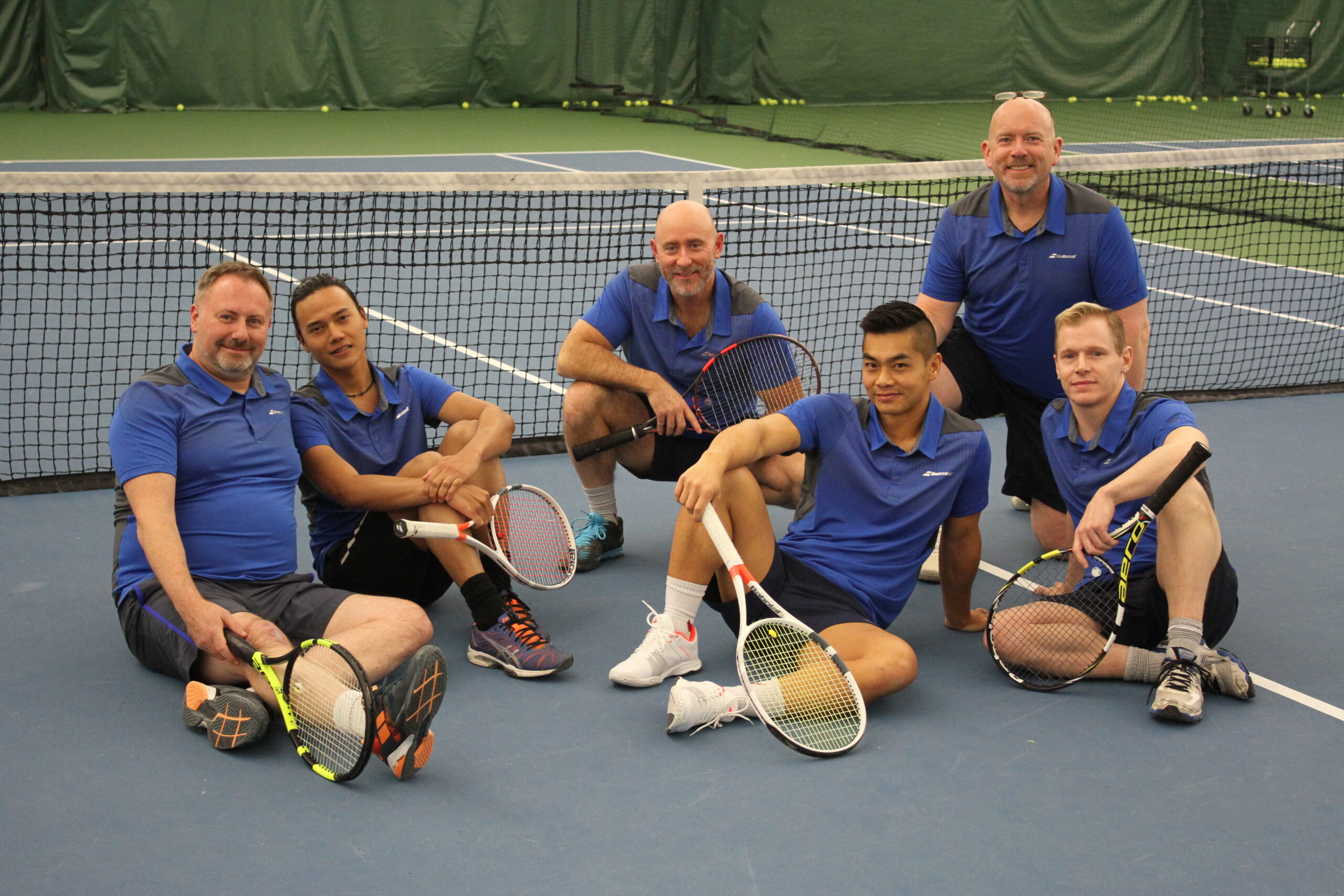This content was created by Xtra’s branded content team alongside the CGO Presented by Babolat, separate from Xtra’s editorial staff.
For many queer folks, the locker room has never been a safe space. From issues related to trans identities to homophobic slurs to outright physical assault, one study found that 81 percent of surveyed gay men had witnessed or experienced some form of homophobia in sports.
But the playing field is changing.
Canadian figure skater Eric Radford became the first openly gay man to win a Winter Olympic gold medal when he competed alongside 15 other open queer athletes who participated in the 2018 Winter Olympics. This monumental achievement has not come easy, but is indicative of changing societal perceptions of how queer folks fit into various fields, including athletics.
And for those looking to indulge their athletic sides without having to travel to Pyeongchang, there are local options.
The CGO presented by Babolat (Canadian Gay Open) is Canada’s largest tennis tournament sanctioned by the Gay and Lesbian Tennis Alliance. Held in Toronto from May 18–21 this year, the sold-out annual competition brings together queer athletes from across the world to flex their skills in a variety of divisions without having to worry about or to compromise their identities.
Toronto resident Jason Patterson will be competing in the tournament for his third consecutive year. After starting a new job, Patterson was looking to make a few friends and rekindle his passion for tennis; what he also found was an entirely new social life opening up for him.
“It brings so many friendships that I never would’ve had otherwise,” Patterson says. “It brings a connection to sport that I think is unique.”
And just as healthy competition is an integral part of any sport, so too is it a part of the CGO.
“It brings like-minded people together who might share the fact that we’re gay and lesbian, but it really brings all level together around sport and around friendships,” Patterson says.
Over the course of four days, players compete in a range of games, showcasing the immense talent of competitors in an inclusive setting.
Aside from the athletic and social aspects of the weekend, participants also contribute to the larger LGBT community. This year’s fundraising will benefit the AIDS Committee of Toronto (ACT). Patterson, who is also the director of development at ACT, says that every dollar raised will go towards helping those living with HIV/AIDS in the city.
“[ACT] prides itself on making sure that all the programs that we offer remain free for those in need.” These services include counseling, support groups, nutrition programs, tax clinics and health services.
And in many ways, those who participate in and gather in the grandstands to watch the CGO may be impacted by ACT’s work: according to Patterson, new transmission numbers indicate that gay men under 35 are the demographic that’s most impacted by HIV/AIDS.
While improving athletic skills and contributing to the larger queer community may be enticing to some, others may still have difficulty letting go of past sports-related trauma. But Patterson says that taking the leap into something like Toronto’s vibrant gay tennis scene will show there’s a place for everyone.
“It’s about tennis and competition but it’s also about socializing and friendship.”
CGO presented by Babolat
May 17–21, 2018
cgo.tennis


 Why you can trust Xtra
Why you can trust Xtra